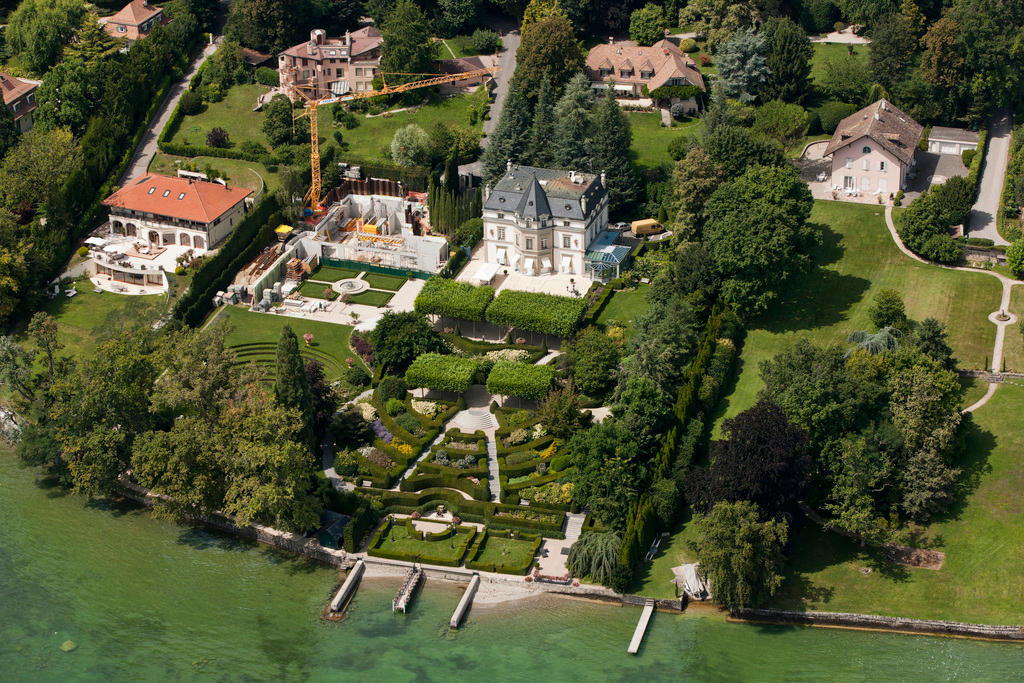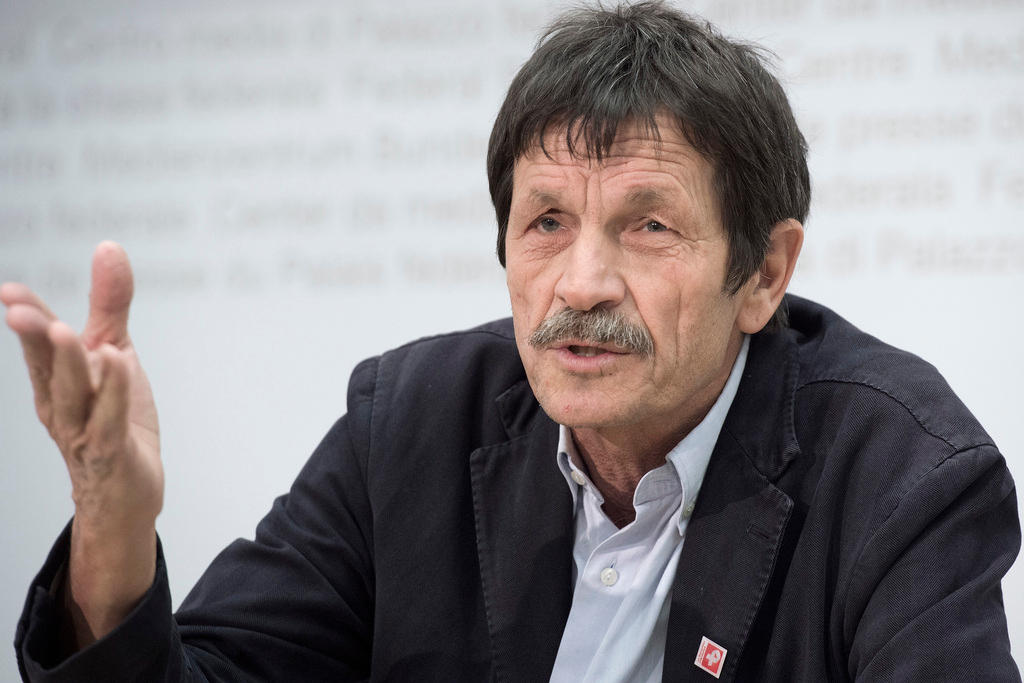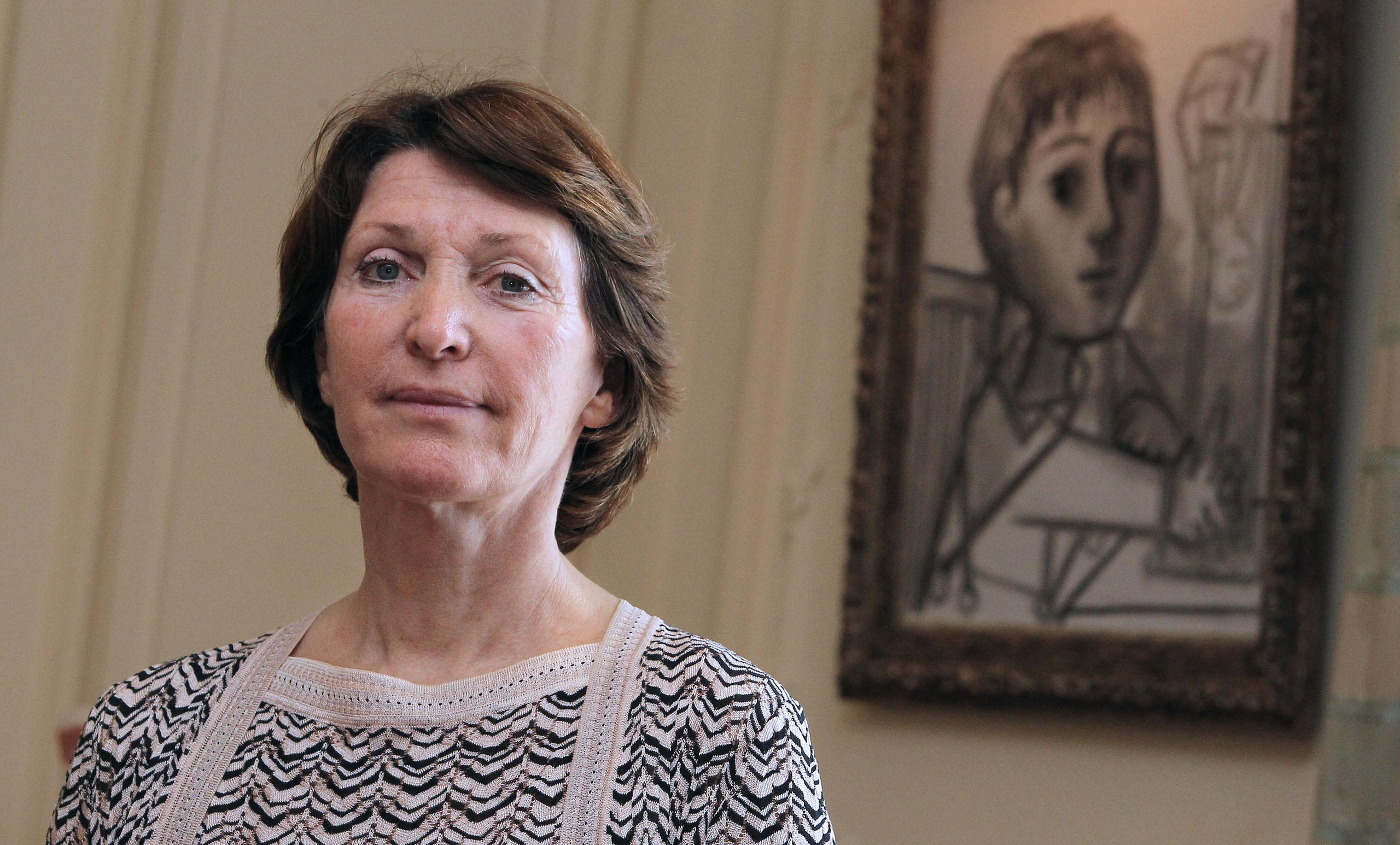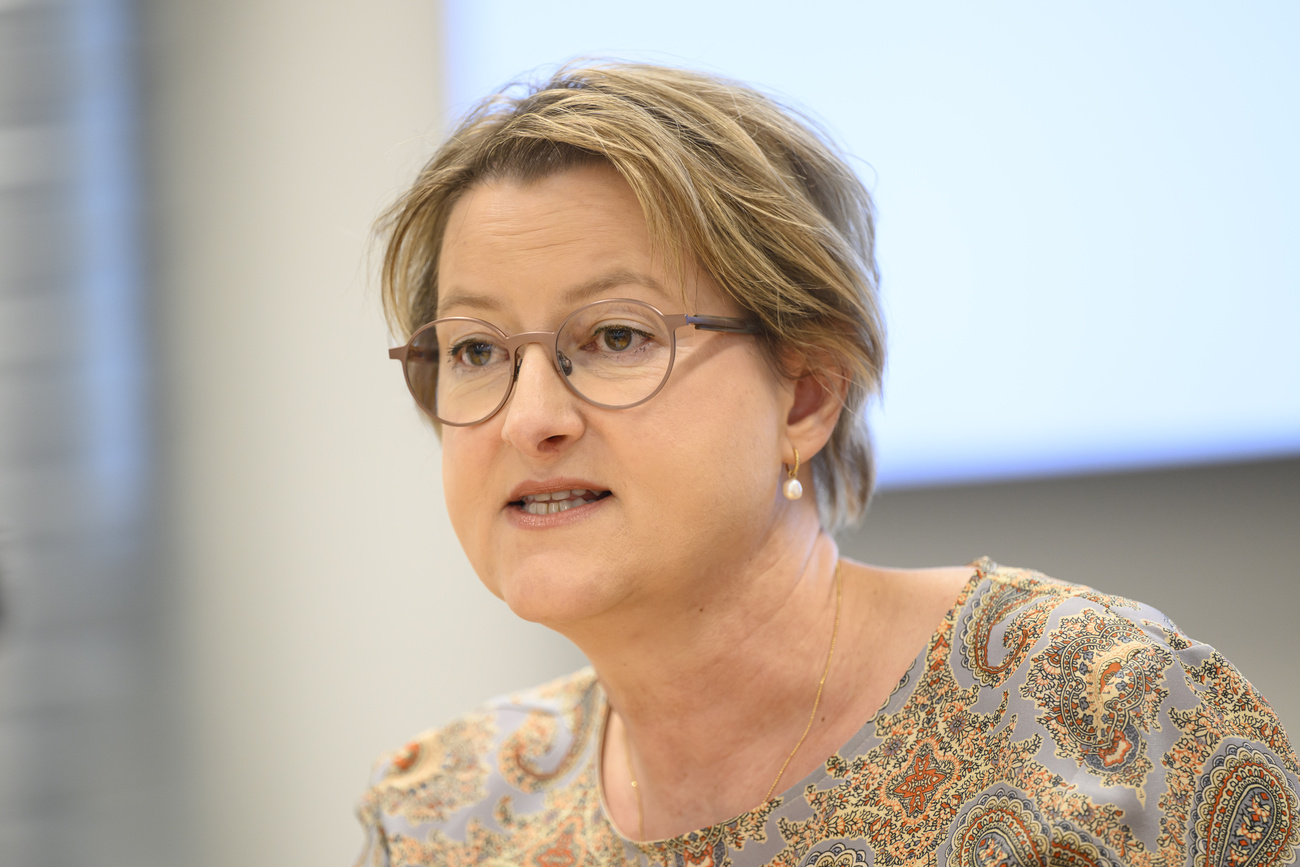
Wealth seldom a result of hard work and innovation

Switzerland has the highest density of millionaires in the world. This is not something to be proud of, says one Swiss sociologist.
Professor Ueli Mäder has devoted almost his entire career to the study of wealth. Not because he wants to become a millionaire or billionaire but to understand the reasons for social inequality. According to the Wealth Report produced by the real-estate specialists Knight Frank, 7,000 people in Switzerland have a personal net worth of at least $30 million.
“No billionaire has earned his fortune through sheer hard work,” says Mäder.

swissinfo.ch: The figures show that there is an enormous amount of wealth in Switzerland. What makes the country so attractive to multimillionaires?
Ueli Mäder: Political stability and a comfortable tax environment – particularly for assets and inheritances – have attracted a lot of money from abroad. There is plenty of expert advice for investment. And in some areas of the economy, wages are very high.
swissinfo.ch: How does one acquire so much wealth?
U.M.: Many acquire wealth in the cradle because they are born into rich families, or they receive it as a gift by marrying into such families. There are some prominent examples: Swiss cabinet member Johann Schneider-Ammann, or the children of the former cabinet member Christoph Blocher. Ten percent of Swiss heirs own three-quarters of the country’s total inherited assets. If you look at the enormous increase in wealth in Switzerland – for example, how the 300 wealthiest individuals have increased their combined fortunes from CHF100 billion ($100.27 billion) to about CHF600 billion – then it is clear that a large part of it is inherited.
Excessive salaries in some areas of the economy also create millionaires. Hard work and innovation certainly play a role too, but their role is clearly overstated. Many rich people are not innovative – they just have money to play with and can, for example, profit from rising real-estate prices.

More
How they became multimillionaires
swissinfo.ch: Did most multimillionaires from abroad make their money then move here, or did they make their fortunes in Switzerland?
U.M.: About half of the multimillionaires come from abroad. The Swiss tax system is very favourable to them. In the past, confidentiality rules such as banking secrecy also helped to draw the wealthy from other countries. Today, much of the wealth is also linked to big companies.
swissinfo.ch: Are there also rich people who have achieved their wealth through diligence, good education and skill?
U.M.: Many rich people have not just sat around doing nothing all their lives, but have contributed to it themselves. But wealth achieved through financial transactions has increased greatly in the last decades, at the expense of the share of wealth achieved through high performance.
swissinfo.ch: There are always examples of so-called “rags to riches” stories of people who manage to climb from the very bottom of the financial ladder to the very top. Is it possible to become a billionaire through sheer hard work?
U.M.: Not one billionaire has achieved it through sheer hard work. This wealth is always achieved at the expense of others. Many people have the feeling that they should be able to pat themselves on the back. It’s self-deception. I sometimes meet an entrepreneur in Basel who says to me: “Mr. Mäder, you always support people who are dependent on state support”. However, the entrepreneur inherited his company and doesn’t appear to notice that he didn’t earn his wealth.
swissinfo.ch: But the saying goes that “every man is the architect of his own fortune” or “no pain, no gain.” Is that not true?
U.M.: There are many people in Switzerland who give 100 percent to their work and still don’t get anywhere because they work in low-wage sectors. Hard work alone is no guarantee of wealth.
swissinfo.ch: Wealthy people are welcomed. Some politicians take measures to attract the wealthy, based on the reasoning that everyone can profit from their wealth. Are the rich more of a curse or a blessing for a community?
U.M.: We don’t profit from them. Of course the tax paid by a billionaire carries weight in a small community. But first, this increases the dependence of the community government and contributes to tax competition between local municipalities and cantons, which causes revenue to fall while real-estate and land prices increase. And secondly: If this wealth was distributed differently, then more people would pay higher taxes on their higher earnings and assets, which would generate just as much tax revenue.
For a democratic country that values social cohesion and peaceful labour relations, it would be much better if wealth was more fairly distributed.
I don’t want to start a hate campaign against the wealthy. But we don’t have to be grateful to the rich for choosing to settle here. This kowtowing is anchored in our culture, even though it is rather dispiriting for the many who have to go to enormous lengths to make ends meet, while others are born into families that have everything.
swissinfo.ch: After World War II, Switzerland developed a broad middle class which acquired considerable wealth through hard work.
U.M.: From the 1950s until the 1970s, a large section of the population was able to improve their financial situation constantly. In 1972, there were officially just 106 unemployed people in the country. At that time the liberal political belief in social equality was firmly anchored in society. The attitude was that labour and capital should coexist in a balanced relationship. I have noticed a paradigm shift in the last years. Today, money has become much more important than labour. Finance drives our thinking. Many people deny that social inequality is a problem and see it rather as a sign of a dynamic society.
swissinfo.ch: Is Switzerland really in such a bad state today?
U.M.: I can say something positive to conclude: I know some rich people who criticise these developments themselves, who recognise the danger and who are urging more restraint.
Switzerland has the highest density of millionaires and the density of billionaires is high. Of the 300 richest people in Switzerland, more than a third have a fortune exceeding CHF1 billion. One in 14 billionaires in the world lives in Switzerland.
According to the Distribution Report by the Swiss Unions Association (2016), the wealthiest 2.1 percent of Swiss taxpayers have assets equal in value to the remaining 97.9 percent. About a quarter of taxpayers have no taxable assets. In Switzerland, the Gini co-efficient is at 0.8 percent, according to official statistics (If one person owns everything, the coefficient equals one. If everyone owns the same amount, it is zero). This means the country is near the bottom of the scale worldwide in terms of financial equality.
Adapted from German by Catherine Hickley

In compliance with the JTI standards
More: SWI swissinfo.ch certified by the Journalism Trust Initiative































You can find an overview of ongoing debates with our journalists here . Please join us!
If you want to start a conversation about a topic raised in this article or want to report factual errors, email us at english@swissinfo.ch.